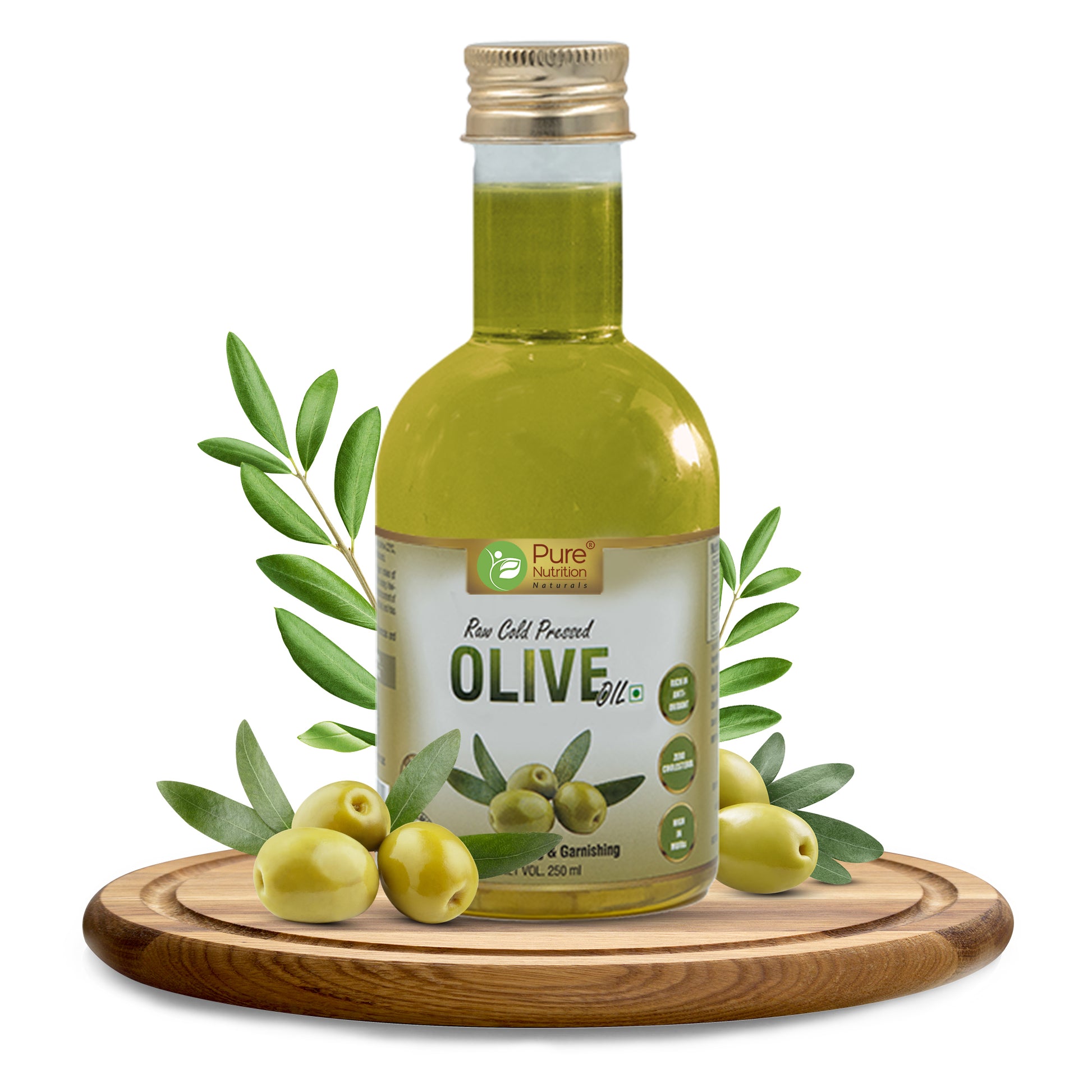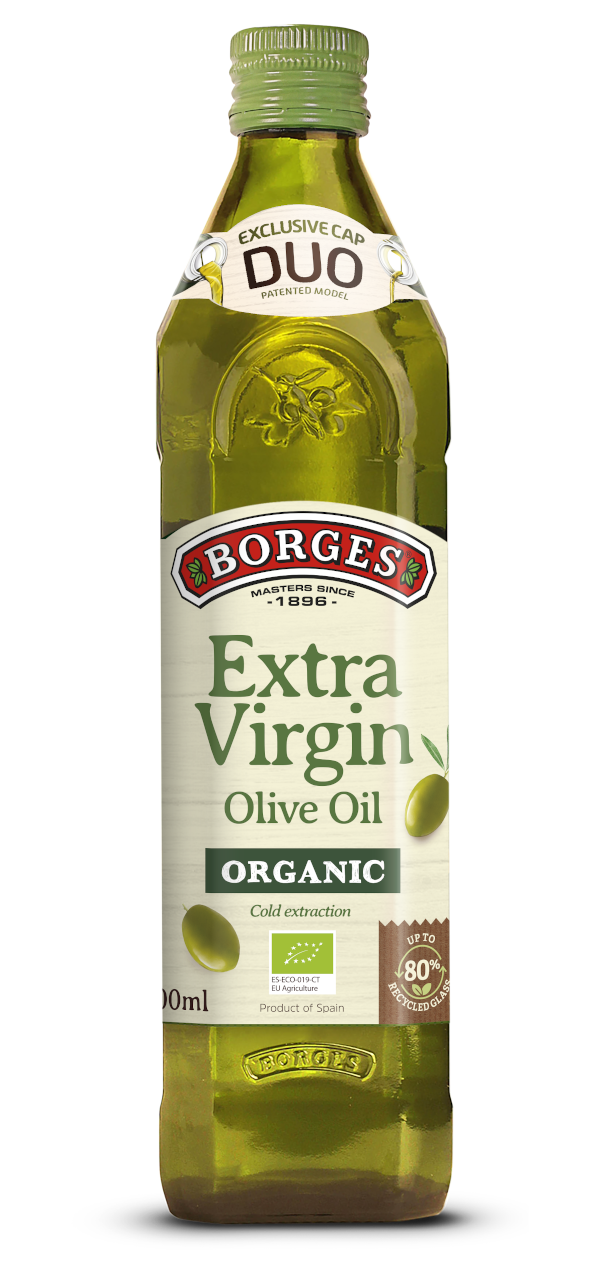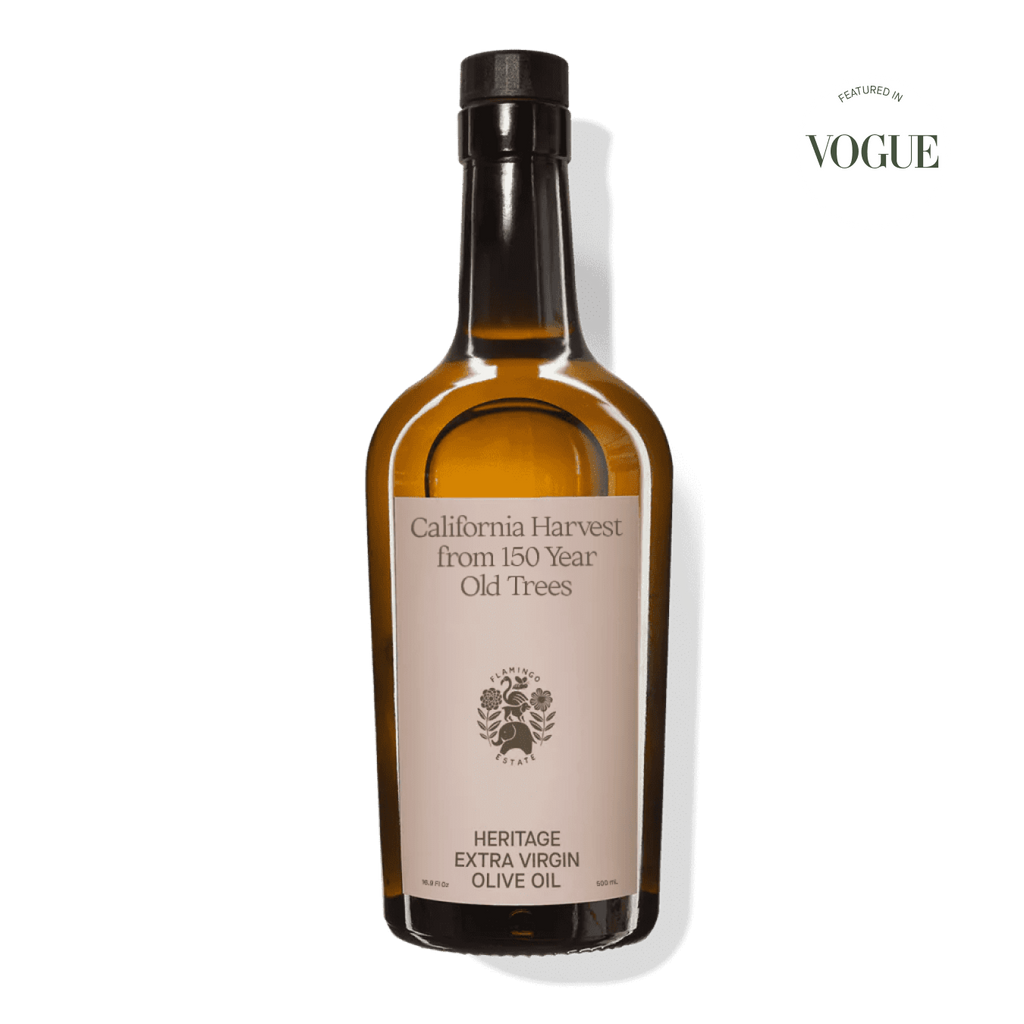Exploring the Various Sorts Of Olive Oil and Their Uses, Consisting Of Extra Virgin Olive Oil
The expedition of olive oil encompasses a diverse array of types, each offering culinary applications and distinctive flavors. Additional virgin olive oil, renowned for its premium quality and health and wellness advantages, serves as a staple in lots of cooking areas, yet it is only one aspect of this complex ingredient.
What Is Olive Oil?
Derived from the fruit of the olive tree, olive oil is a staple in Mediterranean food and a vital ingredient in different cooking applications. This functional oil is produced by pressing whole olives, leading to a fluid that varies in shade, taste, and fragrance relying on the sort of olives utilized, the region of growing, and the removal procedure. Olive oil is mostly made up of monounsaturated fats, particularly oleic acid, which is known for its potential health and wellness advantages, including anti-inflammatory homes and cardio assistance.
Along with its cooking usages, olive oil has a long history of application in standard medicine and skincare, owing to its rich antioxidant content (extra virgin olive oil benefits). The oil is commonly utilized in dressings, marinates, and for cooking techniques such as sautéing and roasting. Its unique flavor profile can enhance the preference of numerous recipes, making it an essential active ingredient for both home chefs and specialist cooks
Moreover, olive oil is celebrated for its role in the Mediterranean diet, which is associated with countless wellness advantages. As understanding of these benefits grows, olive oil remains to obtain appeal worldwide as an essential component of a healthy and balanced way of living.
Types of Olive Oil
Recognizing the different kinds of olive oil is crucial for both cooking enthusiasts and health-conscious customers. Olive oil is identified mainly based upon its extraction approach and high quality, which considerably influences its flavor, fragrance, and health advantages.

Light olive oil, in spite of its name, refers to a lighter taste and not reduced calories. It is suitable for those seeking a more refined preference in marinades and dressings. Additionally, there are flavorful olive oils infused with herbs, seasonings, or citrus, which can enhance meals without the requirement for added flavoring.
Each kind of olive oil serves specific cooking functions, and comprehending these differences permits consumers to make informed options that align with their food preparation styles and health objectives.
Extra Virgin Olive Oil
Bonus virgin olive oil (EVOO) is commonly considered the highest possible high quality olive oil readily available, renowned for its rich taste and numerous health and wellness benefits. To be identified as extra virgin, the oil needs to be produced from fresh olives making use of mechanical processes, without using solvents or excessive warm. This meticulous technique preserves the oil's all-natural flavors, antioxidants, and healthy and balanced fats, leading to an item with a low level of acidity degree of less than 0.8%.
EVOO is bountiful in monounsaturated fats, particularly oleic acid, which is linked to lowered inflammation and enhanced heart health. It likewise has polyphenols, powerful antioxidants that might offer protective results versus chronic illness. The taste profile of EVOO can vary dramatically depending on the olive range and area of manufacturing, ranging from verdant and fruity to durable and sharp.

Culinary Utilizes of Olive Oil

In food preparation, olive oil can be made use of for sautéing, toasting, and barbecuing, supplying a much healthier option to butter or various other fats. Its high smoke factor makes it ideal for numerous cooking techniques, while its antioxidants contribute to a heart-healthy diet. Drizzling olive oil over finished recipes, such as pasta, fish, or smoked veggies, can raise flavors and add a touch of elegance.
In addition, olive oil plays a substantial function in baking, where it can replace traditional fats in dishes for bread and pastries, passing on moisture and a refined preference. It also functions as a base for instilled oils, enabling chefs to experiment with tastes such as garlic, herbs, or chili, further increasing its cooking potential. Overall, olive oil's convenience makes it vital in both home and expert kitchens.
Finding High Quality Olive Oil
When selecting top quality olive oil, it's necessary to consider numerous essential factors that influence the item's taste, scent, and health advantages. Opt for additional virgin olive oil (EVOO), which is find out here now acquired from the first chilly pushing of olives and includes the highest possible degrees of antioxidants and helpful compounds. Try to find oils that are licensed by recognized companies, as this often makes sure adherence to rigorous quality requirements.
The product packaging also plays a considerable function in maintaining the oil's integrity. Select oils saved in dark glass bottles or tins to secure versus light degradation. Focus on the harvest day; fresher oils supply exceptional flavor and dietary worth, so pick items that are within 18 months of their harvest.
Be mindful of the preference; an excellent high quality olive oil ought to have an equilibrium of fruity, bitter, and peppery notes, indicating its splendor and complexity. By assessing these variables, you can guarantee you are selecting the ideal olive Your Domain Name oil for your culinary needs.
Conclusion
In recap, the expedition of different types of olive oil discloses distinct features and applications, with extra virgin olive oil standing for the pinnacle of top quality due to its low level of acidity and high antioxidant content. Comprehending the different ranges of olive oil permits for informed selections in cooking techniques, advertising healthier techniques while enriching the general gastronomic experience.
Acquired from the fruit of the olive tree, olive oil is a staple in Mediterranean cuisine and a crucial ingredient in different cooking applications.The most common types of olive oil consist of improved olive oil, pure olive oil, and light olive oil.Extra virgin olive oil (EVOO) is commonly pertained to as the highest high quality olive oil readily available, renowned for its abundant taste and various health and wellness advantages. Opt for additional virgin olive oil (EVOO), which is obtained from the initial cold pressing of olives and includes the highest possible degrees of antioxidants and useful substances.In recap, the expedition of various types of olive oil exposes unique attributes and applications, with added virgin olive oil standing for the pinnacle of quality due to its low acidity and high antioxidant material.